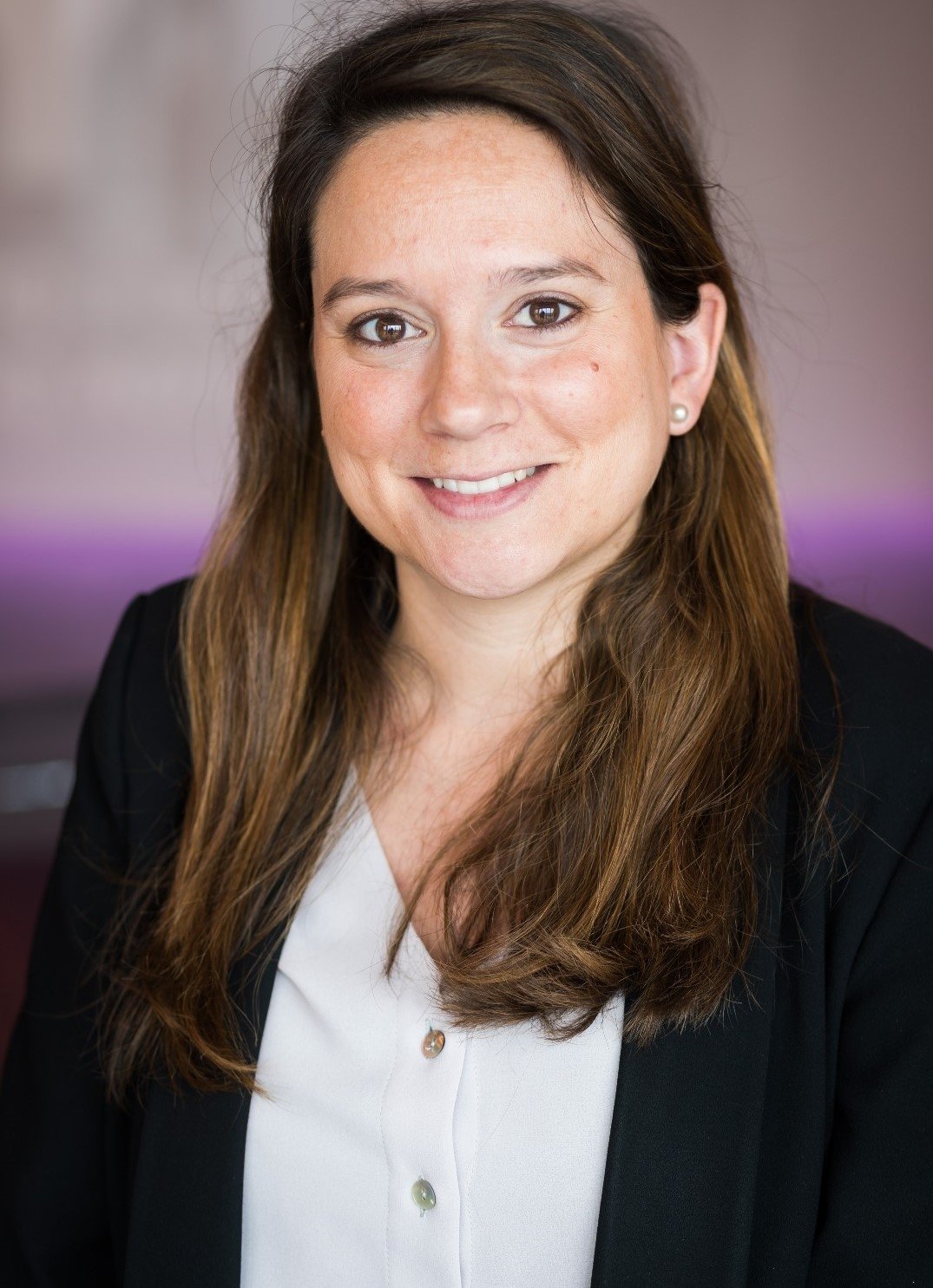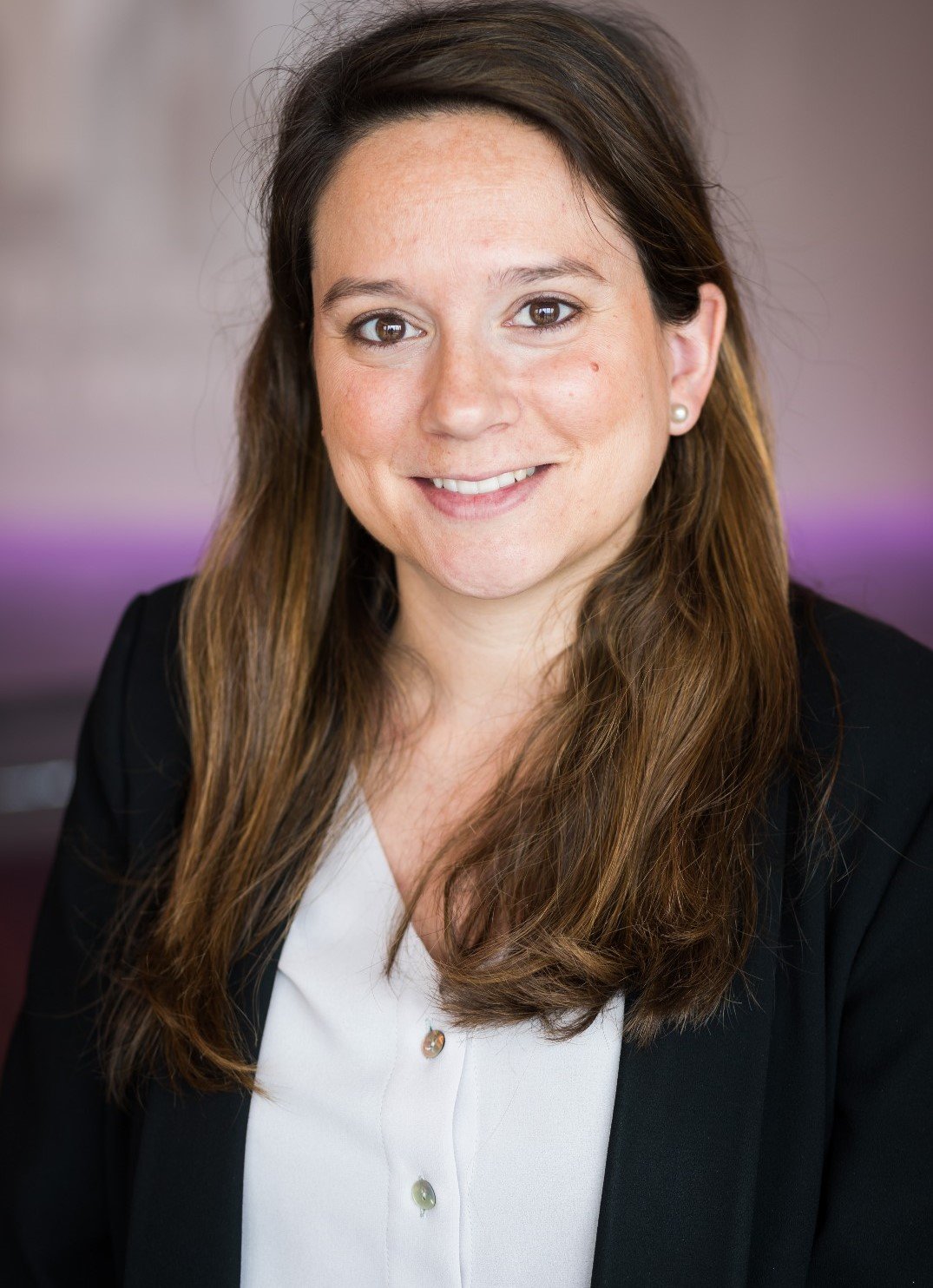SPECIAL PARALEGALS: EY´s RRHH vision

To round off this special feature, we asked the Human Resources director at EY Abogados, Lucía Jaquotot (pictured), about these professionals, who gives us an “insider’s” view and confirms that they are a key element in the management of Legal services.
As a Big Four firm, we understand that, at EY Abogados, you regularly work with paralegals.
At EY Abogados we maintain the figure of paralegals since we consider that these professionals are key in the management of legal services and litigations. Our paralegals carry out administrative actions without the need of a lawyer, prepare documentation, manage procedural deadlines, update our clients’ databases, and a long list of functions always supporting clients and the team.
New names or types of profiles such as professional supports lawyers or knowledge lawyers have also emerged.
We are aware of the new trends in the change of the nomenclature since many international firms have come to call these professionals “professional support lawyer”, “knowledge lawyer”, etc.
From my point of view, the important thing is not so much the term used to describe the position but the essence of the functions that they perform in a firm and I believe that all of them give support to the lawyers in the management of clients’ affairs.
What kind of tasks make up the day-to-day work of these professionals? In your experience, which areas of practice require the greatest number of paralegals?
The demand for paralegals in the legal field is greater in the Litigation and Administrative Law areas. We can say that their day-to-day activities include tasks such as monitoring deadlines and notifications from the courts, filling out applications from different clients and certain actions in mass lawsuits.
In the Tax area, they perform tasks such as the search and resolution of recurring queries, preparation of draft statements, preparation of some sections for reports, information and documentation requirements, as well as follow-up of these clients’ requests.
In general, all of them provide consistent support in administrative tasks and face-to-face procedures, archiving and documentation assistance.
What is the “logical” career progression of these profiles within the firm?
Although at EY Abogados the profile of a paralegal falls within the administrative or support staff and follows the standard career of these profiles, it is relatively common for our paralegals to continue their training to join the team of lawyers who serve clients. Once incorporated into the lawyers’ team, their promotion possibilities are equal to those of the rest of this type of professionals.
From your point of view, do you think that the pandemic and the new needs it has brought about have contributed to an increased demand for these non-lawyer profiles?
The great change in the context comes with the entry into force of the Law on Access to the Legal Profession, since our lawyers have to take a university Master’s degree and an official exam to be able to practice.
If in addition to that, we add the pandemic that we are suffering and the consequences this is introducing in the way of working of our professionals, we could say that the context of the profession is far from what we had a few years ago.
Coupled with the above, the complexity of legal matters has increased so that the need for paralegal profiles has grown in the sector in order to be able to deal with all the new matters that are managed.
What about the digital transformation of firms, is it driving the emergence of these profiles for the automation of processes or documents, for example?
I would like to highlight the importance of the digitisation of the legal sector within the current context, as it has gone from being an option for law firms to a real need.
The professionals who are open to this digitisation will be the ones who will be able to fully meet the needs that our clients have or will have in the future.
This digital transformation of law firms not only implies a change in the commercial strategy, but also an adaptation of the profiles to the current environment. Hence, in addition to technical knowledge, the technological capabilities of the candidates are valued.
What qualities and skills do you consider essential in these profiles?
As a summary, I could say that what we are looking for in a paralegal profile is order, attention to detail, the ability to adapt to new technologies and/or processes in this constantly changing world, as well as having the desire to innovate and improve the support to lawyers.
By Desiré Vidal Perea
To read the interview in full please download issue N.104 here.













